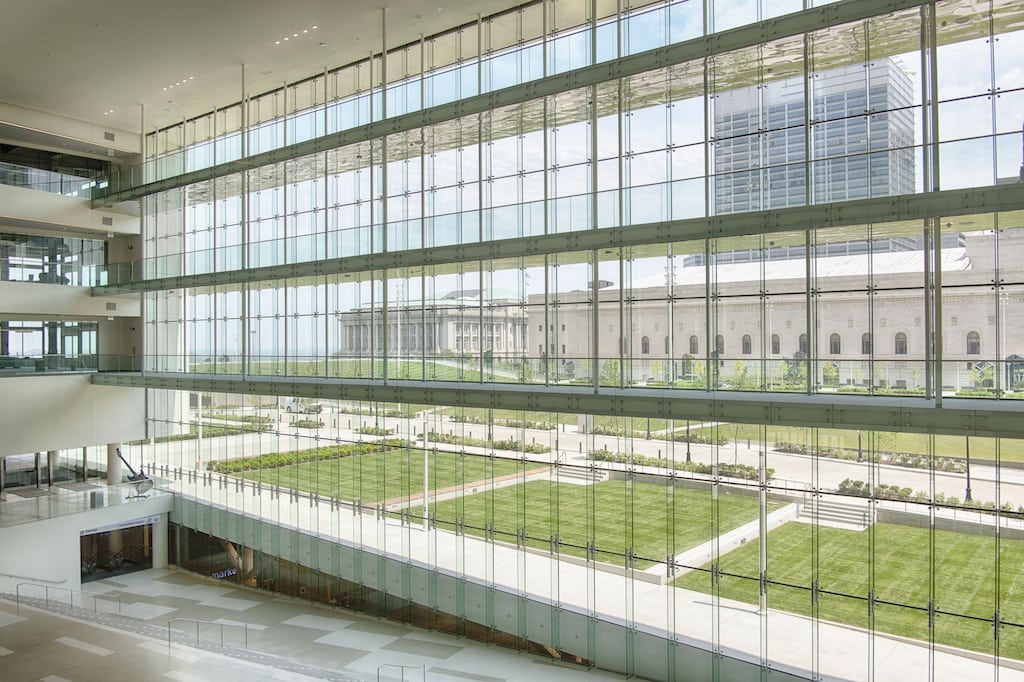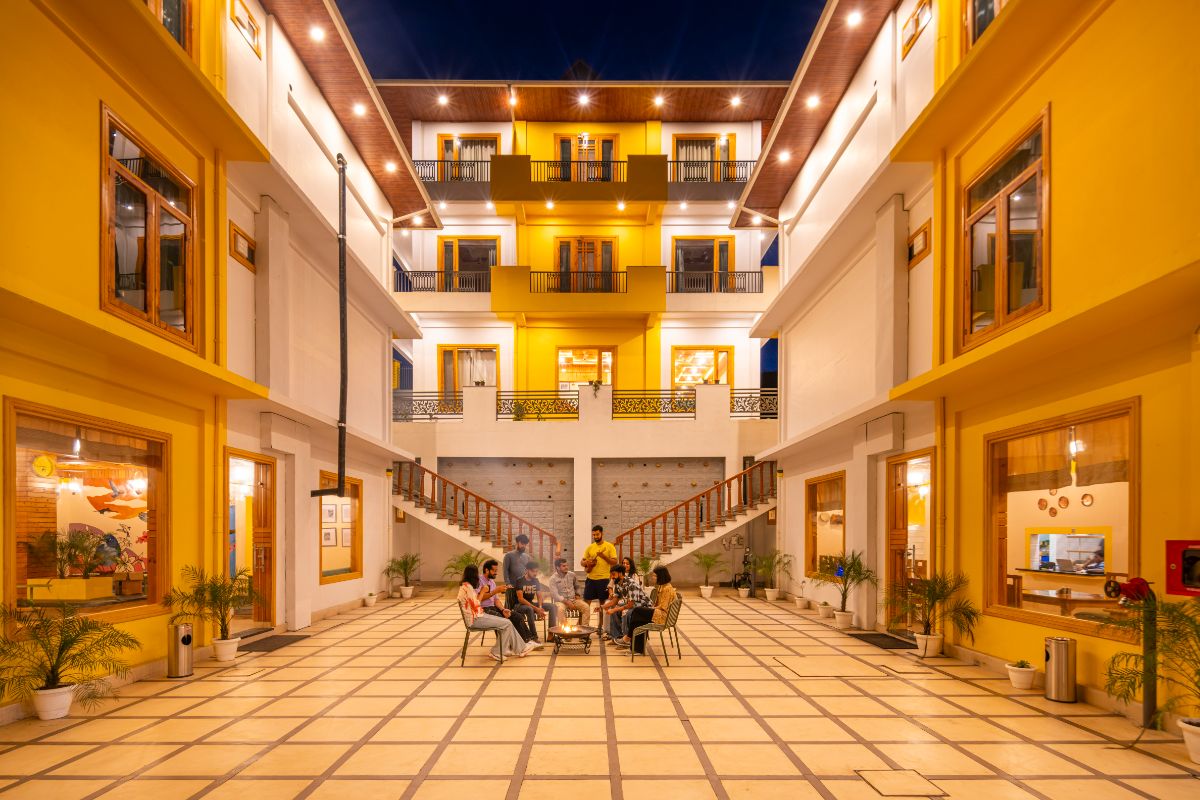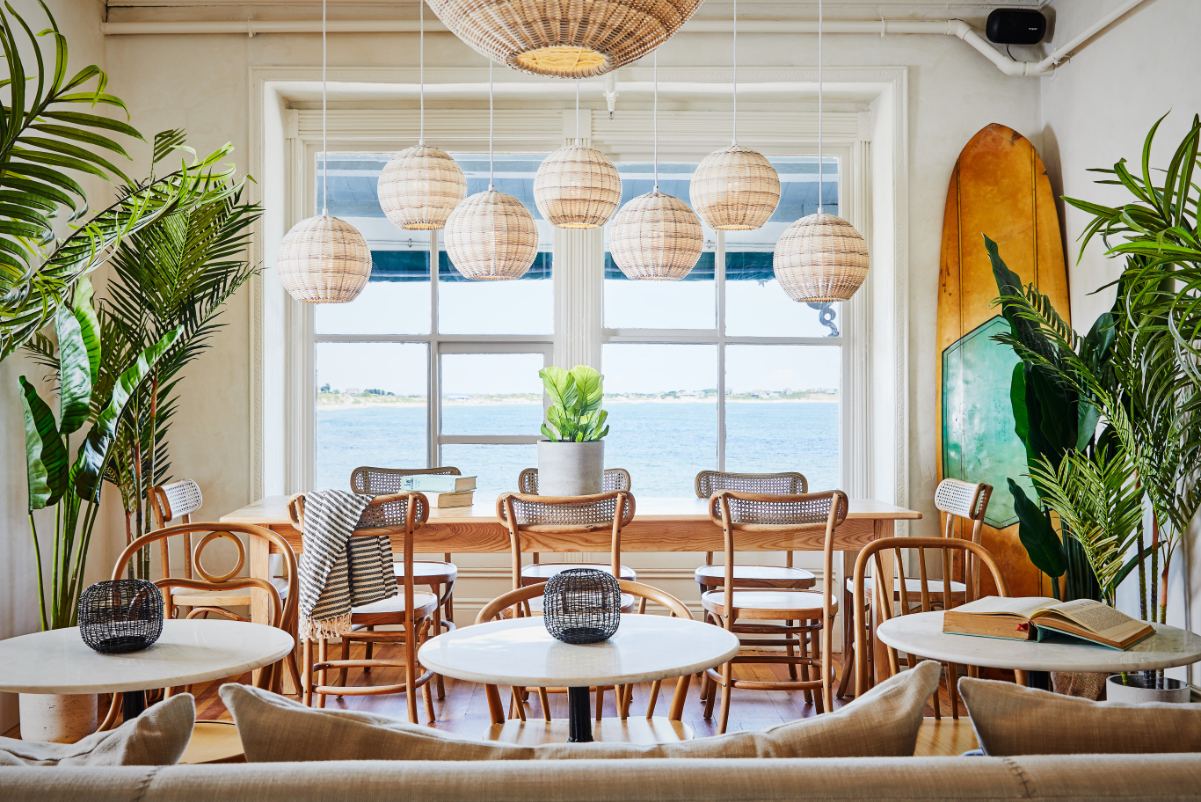Skift Versus Magazine: Meetings Expertise Vs. Meetings Experience

Skift Take
A primary shift in the destination meetings industry over the last decade prioritized the value of the overall “experience” to engage attendees on a deeper, more visceral level. Destination marketing organizations, hotels, convention centers and meeting planners jumped on this trend in force by offering new lifestyle-oriented group activities ranging from cooking and mixology classes to community volunteer programs.
Note: This is an excerpt from The Versus Issue, the second print magazine from Skift.
The more experiential programming was designed to inspire colleagues and clients to network in a more casual and natural way, especially for a new generation of mobile-wielding meeting attendees uninterested in the typical cocktail reception, ballroom dinner or golf event.
As these group experiences grew in popularity, travel brands began competing more and more by promoting their “wow” experiences. More exotic destinations, more production value, and more creative venues, etc., helped sell meeting owners on the value of the pumped up meeting environment and programming to deliver more “memorable experiences.”
However, there’s a new attendee profile emerging today that’s demanding a higher deliverable than just a memorable event, or if anything, a distracting over-hyped experience that doesn’t offer real opportunities for professional and personal development.
In today’s workplace scenario, Millennials especially need to expand their networks more than anything else to advance their careers, and face-to-face meetings and conferences provide the obvious platform to do that. A college education and traditional CV are much less valuable in today’s economic climate than they were pre-recession.
For these next-generation attendees, the reward for participating in a business event is actionable knowledge and accessibility to mentors who can help them rise beyond their existing networks and job description.
Seeing this trend, the most forward-thinking destinations have begun to promote their intellectual capital and sector-specific industry expertise above and beyond traditional selling points highlighting meeting, hospitality and destination infrastructure. It represents a shift from marketing destination hardware to knowledge software, because the marketplace has become too competitive for the built environment to be a real differentiator anymore in many regions.
So DMOs from Cleveland to Hamburg are developing and promoting their ability to provide access to their top business thought leaders, most innovative companies, and leading academics — all of whom planners can integrate into their programs.
The future meeting attendee wants to arrive at a destination and plug into an urban operating system that can be customized to their professional needs. Therefore, the meetings sector needs to evolve beyond the temporal experience toward delivering demonstrable expertise.
Download Your Copy of The Versus Issue




